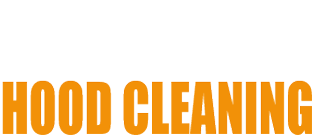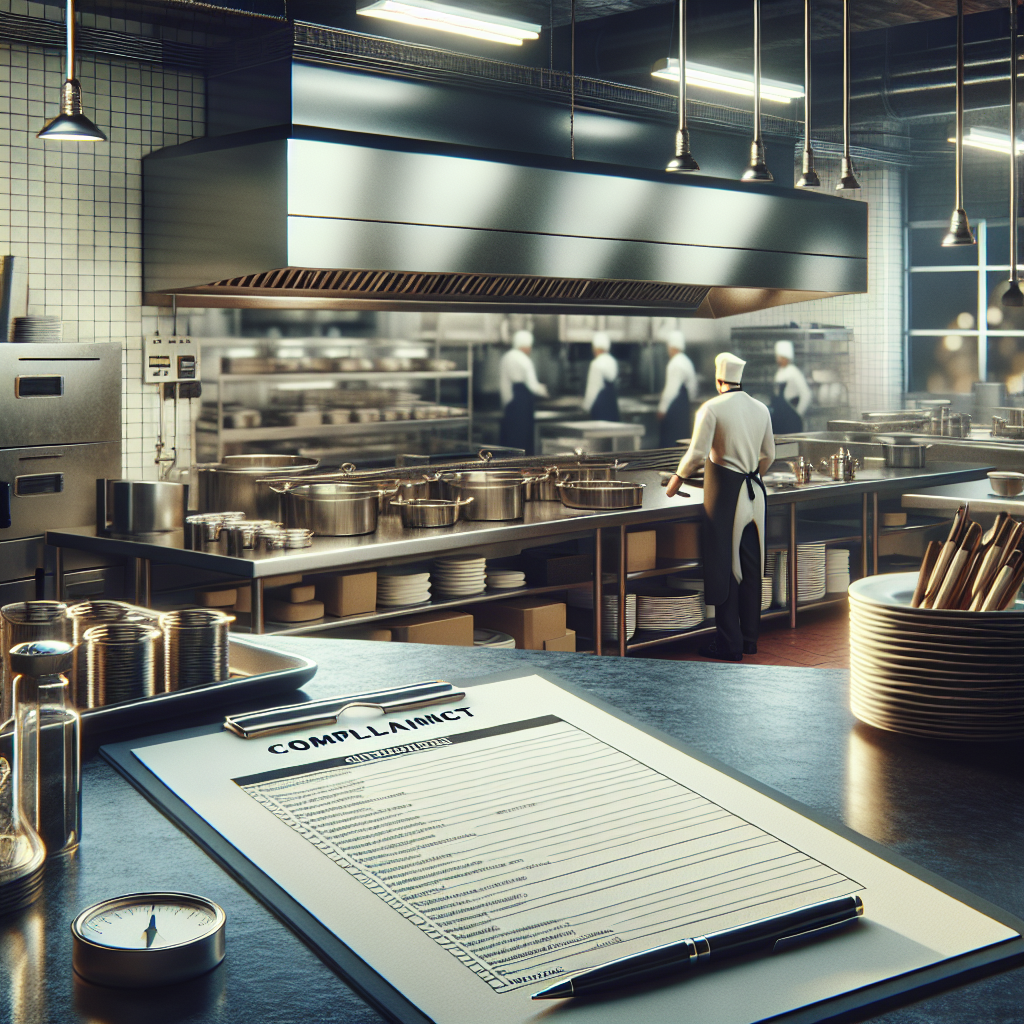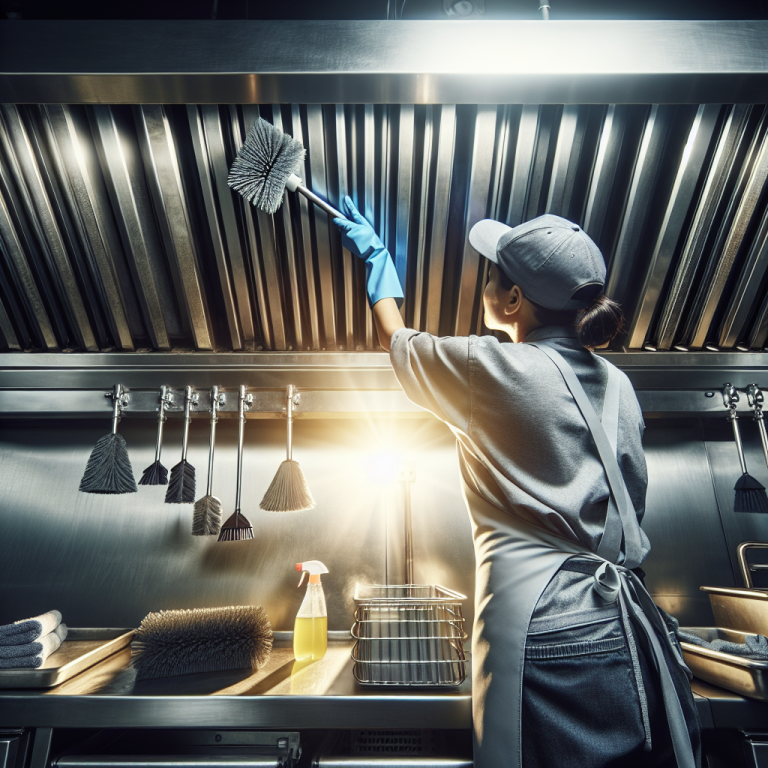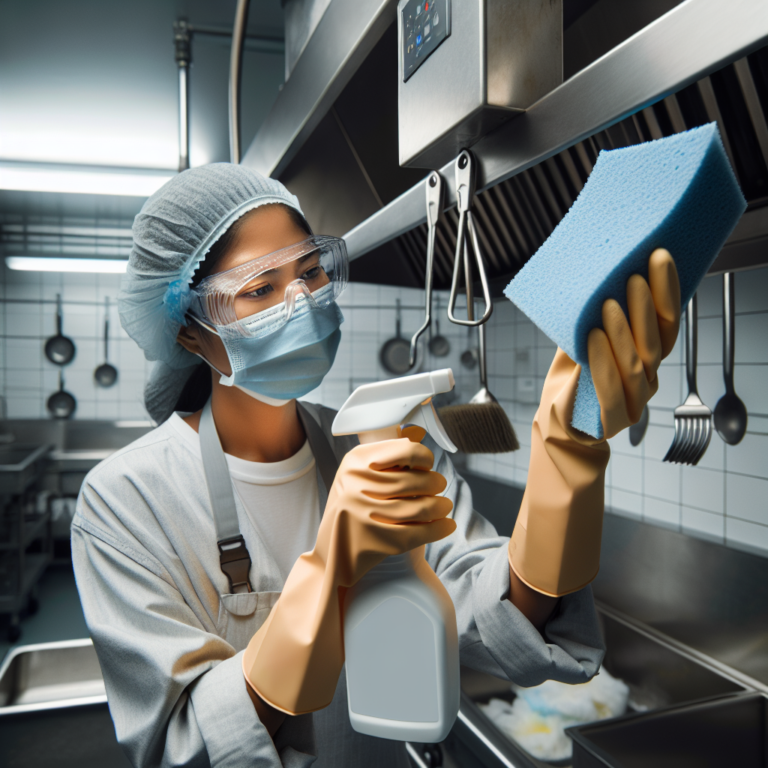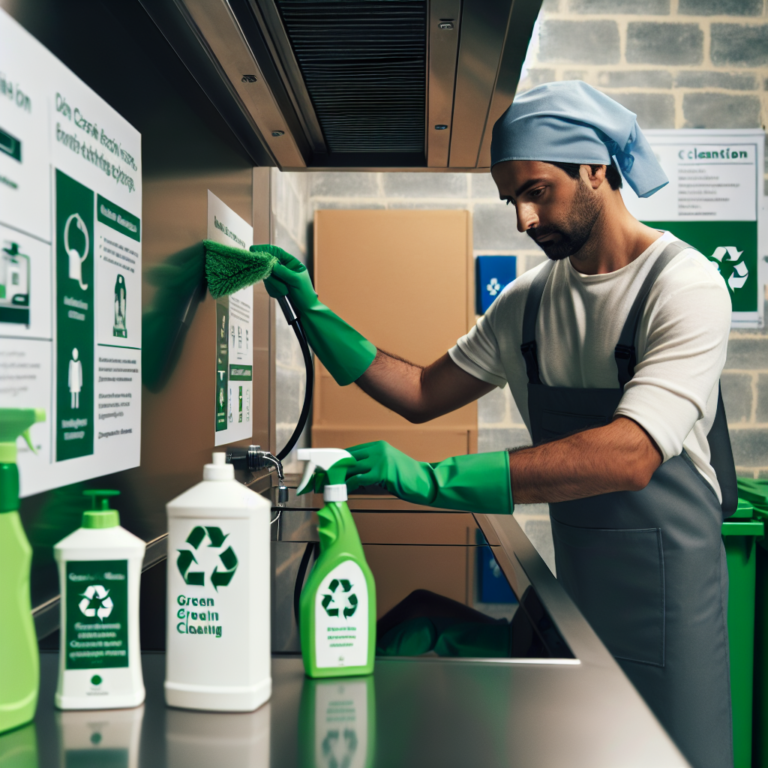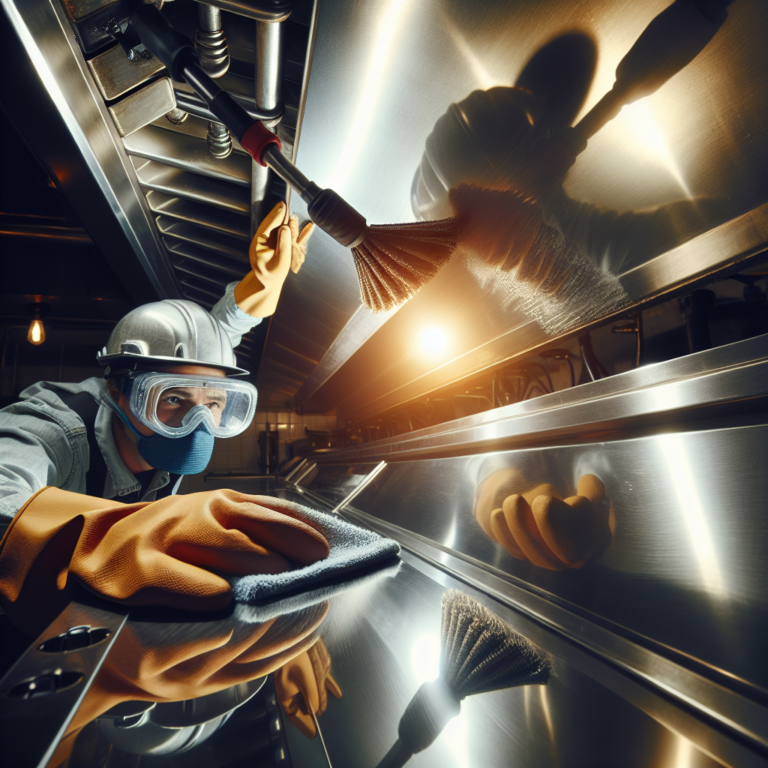Essential Hood Cleaning Practices for Catering Businesses Compliance
Understanding the Importance of Hood Cleaning for Catering Companies
When catering companies think of preparing gastronomic delights for events, they often focus on the food’s taste, presentation, and service quality. However, lurking behind the delicious aroma and perfectly arranged plates is an unseen guardian of kitchen safety and cleanliness—the kitchen hood. Proper hood cleaning is not just a maintenance task; it’s a critical safety measure, particularly for catering companies operating in diverse settings. In dense urban areas like Denver, adhering to stringent exhaust hood cleaning standards goes beyond regulatory compliance; it’s a necessity for ensuring the quality of your service and the safety of your operations.
Why Catering Companies Have Unique Hood Cleaning Needs
Catering companies operate in a wide range of environments—from compact kitchens in small venues to large commercial spaces. Each venue’s catering task brings distinct challenges for hood cleaning, and here’s why:
- Diverse Cooking Setups: Unlike a permanent kitchen, catering companies often have to adapt to the facilities available at each event venue. This can result in a variety of cooking methods and equipment setups which can make consistent maintenance a challenge.
- High Rate of Usage: With continuous usage over different events and locations, catering hoods can accumulate grease and food particles at a rapid rate compared to fixed kitchen establishments.
- Field Compliance: Catering companies must comply with different local and state regulations for each event, necessitating flexible hood cleaning practices.
Ensuring Compliance with Regulations through Effective Hood Cleaning
Operating in compliance with health and safety regulations is integral for every food service establishment. Here’s how catering companies in Denver can ensure compliance through effective restaurant hood cleaning:
1. Regular Inspection and Maintenance
To prevent over-accumulation of grease and other residues, catering companies need to develop a hood cleaning schedule. This schedule should be determined by the frequency and volume of use across different events. Regular inspections help to identify potential buildup issues early, thus preventing more severe fire hazards.
2. Hiring Professional Cleaning Services
Although some catering companies might be tempted to handle commercial kitchen hood cleaning in-house, hiring professional services guarantees thorough cleaning. Professionals are equipped with specialized tools and knowledge to ensure that every component of the hood system, including filters and exhaust ducts, is spotless. Particularly in competitive markets like Denver, professional services also offer insights into maintaining equipment longevity.
3. Documenting Cleaning Activities
Keeping detailed records of all hood cleaning activities is crucial not only for regulatory compliance but also for insurance purposes. Documentation can include maintenance logs, invoices from professional cleaners, and compliance certificates from health inspections. This habit streamlines operations and provides peace of mind when venturing into new venues.
The Impact of Effective Hood Cleaning on Catering Operations
For catering companies eager to establish a stellar reputation, Denver hood cleaning plays a pivotal role in more than just safety. Here are some ways hood cleaning impacts operations positively:
- Insured Safety: Safety is paramount in any culinary operation. Clean hoods reduce fire risks significantly, providing peace of mind to caterers and venue operators alike.
- Enhanced Air Quality: Proper exhaust hood cleaning reduces smoke and odors, contributing to better air quality—a critical factor for both staff morale and guest satisfaction.
- Minimized Energy Cost: A clean hood and exhaust system work more efficiently, which reduces energy costs. This can be a substantial saving for catering companies managing various events.
When To Schedule Hood Cleaning
For catering companies, the timing of hood cleaning can be just as important as the cleaning itself. Consider these periods:
- Post-Event: After big events when the kitchen sees heavy use, a thorough cleaning can prepare the equipment for upcoming operations.
- Pre-Season: Before entering a busy season of events, scheduling a comprehensive inspection and cleaning helps prevent any operational hiccups during a bustling period.
- Regular Intervals: Depending on the workload, monthly to quarterly cleanings may be necessary, with more frequent checks during peak business times.
Conclusion
Ultimately, hood cleaning isn’t merely a checkbox on a maintenance list; it’s a core part of delivering consistent and high-quality service. Catering companies in Denver can protect their staff, their clients, and their culinary creations by adhering to effective and regular hood cleaning practices. Investing in such safety measures is investing in the company’s longevity and reputation. For those ready to take the plunge, learn more about comprehensive cleaning solutions and ensure your kitchen such as on Denver hood cleaning services that meet your business’s dynamic needs.
